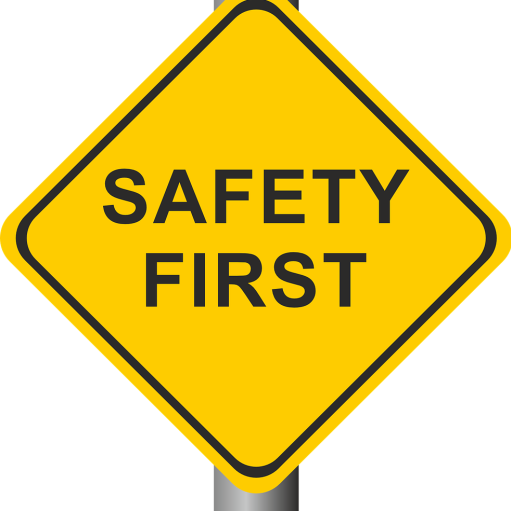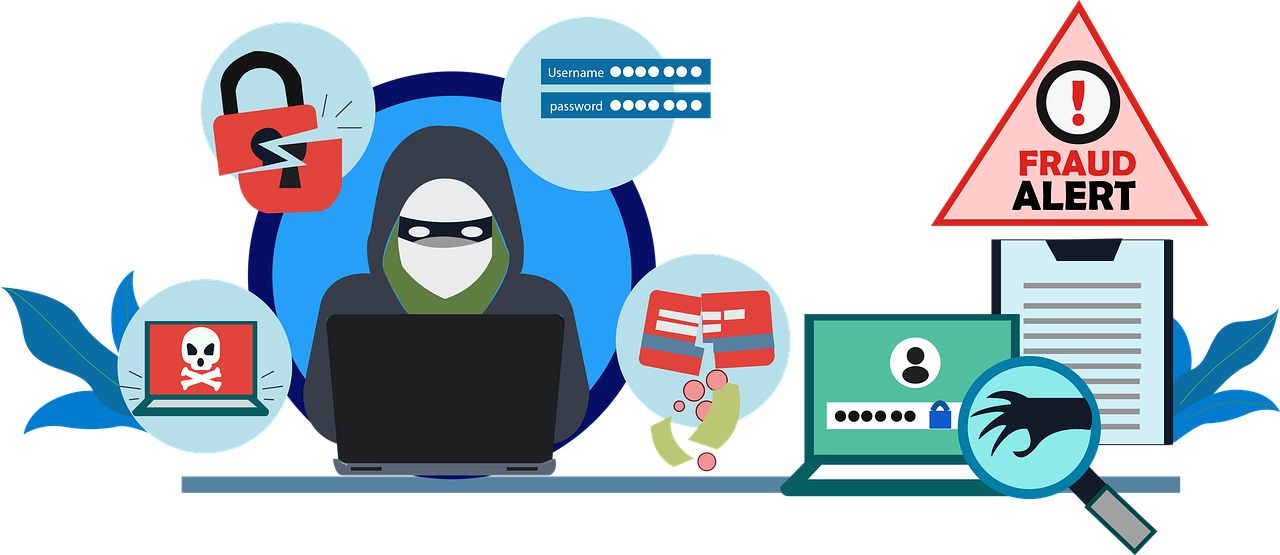In our modern world, the internet plays a vital role in how we connect, shop, and gather information. Yet this connectivity brings an increased chance of online scams, which are becoming harder to spot. Therefore, staying alert for signs that could suggest a scam is crucial. This article discusses ten important indicators to help you stay safe from online fraud in the UK.
Offers That Are Too Good to Be True
A straightforward warning signal is any offer that seems remarkably appealing. Scammers often attract victims with unexpectedly low prices, major discounts, or unrealistic promises of easy profit. If an offer seems much better than what you can find elsewhere, it’s wise to question its legitimacy. Ask yourself what might be behind such a fantastic deal. Remember, an age-old saying rings true: if it seems too good to be real, it usually isn’t.
Unexpected Communications
Be suspicious of calls, emails, or messages from unfamiliar sources. Fraudsters love to reach out unexpectedly, taking potential victims off guard. You might see messages claiming you’ve won something or received urgent requests for personal details or payments. To protect yourself, always check the identity and credibility of the sender before replying or acting on the message.
Queries for Personal or Financial Info
Another significant red flag comes from any demands for personal or financial information, such as passwords, PINs, bank details, or credit card information. Reputable organizations rarely request such sensitive details via email or over the phone. Never give out personal information unless you are completely certain you’re dealing with a trustworthy source. If you have any doubt, directly contact the organization using confirmed contact details.
Urgency to Act Fast
Beware when someone pushes you to make quick choices. Scammers often instill a sense of urgency, claiming their offer is limited or that you must act quickly to dodge negative outcomes. This tactic is meant to cloud your judgment and avoid critical thinking or discussions with others. Always take your time to fully evaluate the situation and don’t rush into decisions due to pressure from the other party.
Strange Payment Requests
If a seller asks for payment through odd or unconventional means, be on high alert. Scammers prefer ways of payment that are hard to trace or refund like wire transfers, cryptocurrencies, or gift cards. Trustworthy businesses typically give a wide range of secure payment options such as credit cards or trusted payment services like PayPal. If you encounter demands for unusual ways to pay, consider that a big warning sign.
Poor Language Skills
When reading emails or browsing websites related to a potential scam, pay close attention to the quality of language used. Many scammers fall short in grammar and spelling, exposing their lack of professionalism. While occasional mistakes can occur in any correspondence, a high frequency of them often indicates fraud. Stay cautious about poorly written messages as they could signal that the communication is not genuine.
Check for Doubtful Website Links
It’s essential to look at the website address before you share any personal or financial details. Many scammers use deceptive or fake web addresses that closely mimic reputable ones. Always spot check for slight spelling changes, domain variations, and ensure you see “https://” along with a padlock symbol, indicating that the website is secure.
Absence of Clear Contact Details
Honest businesses usually offer visible contact information including physical addresses, phone numbers, and email accounts. If the information is missing or seems odd, such as a mobile number paired solely with a P.O. box, it could be a scam indicator. Always confirm the accuracy of a company’s contact information before you engage online.
Requesting Anonymity
Keep your guard up if anyone asks you to keep a transaction quiet. Scammers might claim it’s a secret, limited-time deal that shouldn’t be shared. They use this tactic to block you from consulting with trusted friends or family who might alert you to the fraud. You should never agree to hide any financial dealings, and if you’re confused, trust your instincts and seek a second opinion.
Caution with QR Codes
Be careful about scanning QR codes sent from unknown sources. Scammers sometimes replace legitimate codes with their malicious versions leading you to fake websites that could request your banking details or even install harmful software on your device. Always check the source before scanning any QR code, and hesitate before entering sensitive information on sites you access this way.
Taking Action to Stay Safe
If you suspect you’ve become part of an online scam, here are steps you should follow to protect yourself:
- Stop all communication. Avoid any further engagement with the suspected scammer.
- Report the scam. Notify Action Fraud, the UK’s official fraud and cybercrime reporting center. Suspicious emails can be reported to the relevant authorities, and SMS messages should be forwarded to designated numbers.
- Monitor your accounts. Keep an eye on your financial accounts for any dubious transactions and act quickly by contacting your bank if you notice anything peculiar.
- Change your passwords. Alter the passwords for your social media, email, and online banking accounts, ensuring they are strong and unique for different sites.
- Spread the word. Talk to your friends, family, and coworkers about the potential scam to help protect them too.
By remaining informed and alert, you can safeguard against the risk of online scams. Stay cautious of offers that seem overly enticing, teach yourself how to protect personal information, and if you encounter anything questionable, don’t hesitate to report it to the authorities.

